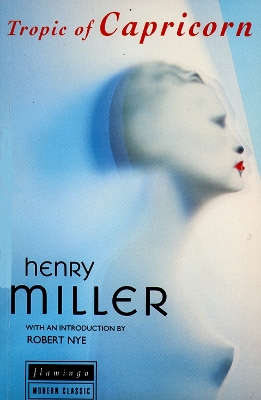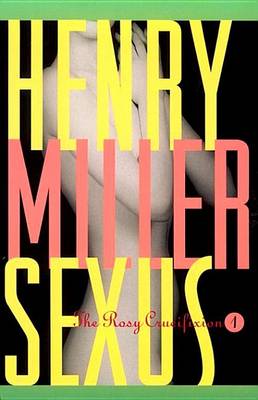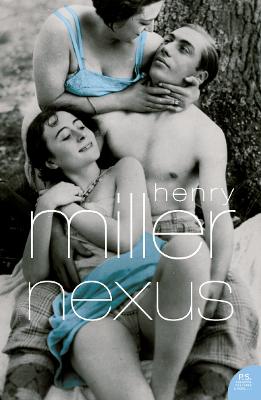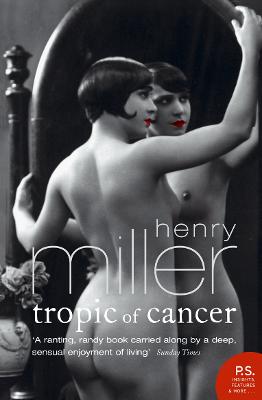Harper Perennial Modern Classics
5 total works
The story of Miller's bizarre second marriage and its development into an extraordinary and legendary ménage à trois – the final installment of the `Rosy Curifixion’ trilogy.
'Goodbye, dear Pocohantas! Goodbye, P.T. Barnum! Goodbye, Street of Early Sorrows and may I never set eyes on you again!'
When Henry Miller left America for Paris in the 1930s to lead the life of a literary bohemian, he called this death of his former existence and his resurrection as a writer a 'rosy crucifixion'. This dramatic transformation provided the leitmotif for some of Miller's finest writing, embodying everything he felt about self-liberation and the true life of the spirit.
'Nexus', the final volume in the 'Rosy Crucifixion' trilogy, is a fictionalised account of his last, tempestuous few months in New York. Trapped in a bizarre ménage à trois with his volatile actress wife, Mona, and her eccentric lover, Stasia, Miller's life descends into violent and passionate anarchy. Demoralised, exhausted and finally abandoned by the cunning and disloyal Mona, he sails for Paris.
Miller’s groundbreaking first novel, banned in Britain for almost thirty years.
A penniless and as yet unpublished writer, Henry Miller arrived in Paris in 1930. Leaving behind a disintegrating marriage and an unhappy career in America, he threw himself into the low-life of bohemian Paris with unwavering gusto. A fictional account of Miller’s adventures amongst the prostitutes and pimps, the penniless painters and writers of Montparnasse, Tropic of Cancer is an extravagant and rhapsodic hymn to a world of unrivalled eroticism and freedom.
Tropic of Cancer’s 1934 publication in France was hailed by Samuel Beckett as `a momentous event in the history of modern writing’. The novel was subsequently banned in the UK and the USA and not released for publication for a further thirty years.




